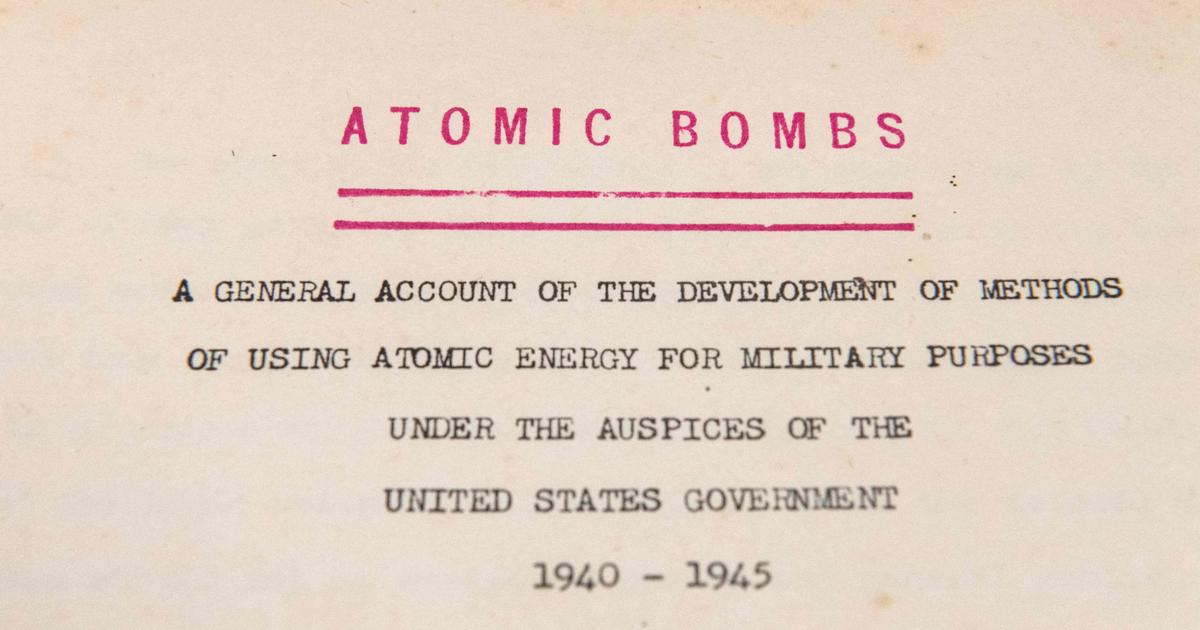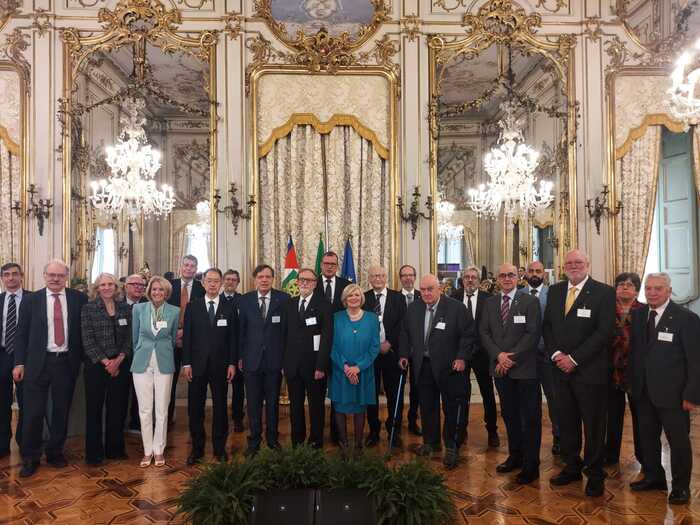Enlarge image
AKW Isar 2: "In war you have to be pragmatic"
Photo: Frank Hoermann / Sven Simon / IMAGO
Whether it's fracking or nuclear power, Joseph Stiglitz, winner of the Nobel Prize in Economics, believes that Germany should pull out all the stops in the fight against the energy crisis.
"You have to be pragmatic in war," said Stiglitz in an interview with "Welt."
»Now is not the time for half-hearted measures.« In order to eliminate the supply bottlenecks, it is necessary to invest in energy alternatives.
"Europe should have realized this six months ago, but it's still possible," he said.
Fracking is "actually a possibility".
The goal of climate neutrality by 2050 should not be lost sight of.
"But the good thing about fracking is that it's a short-term measure that you can set up and end just as quickly."
However, Stiglitz also spoke out in favor of nuclear power, the waste products of which cannot be disposed of so quickly.
"I'm not a fan of this technology," the economist told the newspaper.
»But if you can let the nuclear power plants run longer or even bring back the power plants that have been shut down and safety is still guaranteed, then it makes perfect sense to do it now.«
Stiglitz: Merkel warned in 2006 against dependence on Russia
Despite the energy crisis, the government in Germany has been arguing for months about a short extension of the operating times for the nuclear power plants that are still connected to the grid.
The Greens in particular have a hard time with such a stretching operation - or even with starting up nuclear power plants that have already been shut down.
They point to the risks of the technology.
In view of the fact that energy is becoming scarcer and more expensive, the attitude of the population to the nuclear phase-out planned for the end of 2022 has changed.
(Read here: Nuclear power? Yes please!)
Stiglitz, who won the Nobel Prize in 2001 for his work on the relationship between information and markets, said it was now important to consider everything to fill the bottlenecks.
This also applies to renewable energies.
»Why don't they just say here: Let's use all the solar panels we can find, let's turn on all the wind turbines we have.
You have so much wind here in Germany – just use it.«
As early as 2006, according to the economist, he warned the federal government "that it is stupid to rely on gas from Russia because Russia is not a reliable partner."
He never received an answer from the then Chancellor Angela Merkel.
"I actually formulated the essay very clearly at the time."
At least Stiglitz can see something good in the fact that the government is now considering countermeasures in view of the skyrocketing prices.
“It's good when the government helps to stabilize prices through lower taxes or other measures.
After all, people cannot hedge against higher prices.«
The question of whether companies should also be rescued is more difficult to answer.
"I'm actually against saving companies that haven't made adequate risk provisions for problems that were actually obvious," says Stiglitz.
"But if you're going to carry out bailouts, then the state should also get shares so that it can be there when things get better again."
The state is currently planning to rescue ailing energy companies with the help of the Energieulage.
He also wants to get involved with the particularly troubled Uniper group.
Apr












/cloudfront-eu-central-1.images.arcpublishing.com/prisa/DIAGMBIFCBFTJADD5SB7GXXY2A.jpg)

